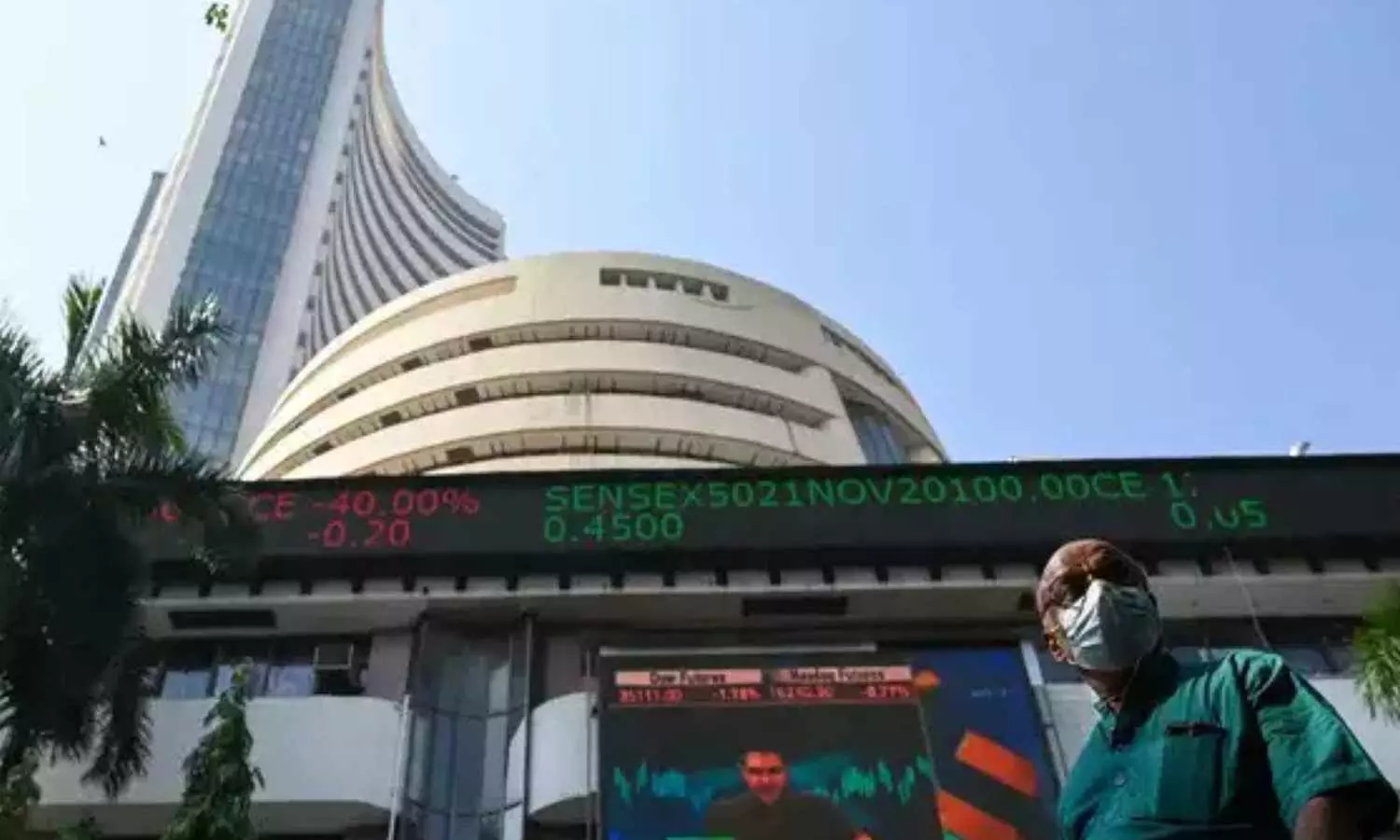Nifty Bank Drops 0.56% on June 23 Amid Middle East Jitters and Broader Market Weakness
The Nifty Bank index slipped 0.56% (‑315 points) on June 23, 2025, dragged by major private banks as global cues turned negative due to escalating Middle East tensions. Broader markets, including Sensex and Nifty 50, also declined
image for illustrative purpose

The Nifty Bank index declined 0.56% (310–315 points) on June 23, falling to around 55,938 as domestic banking stocks slumped amid global volatility linked to escalating tensions in the Middle East.
At market open, Sensex plunged over 600 points and the Nifty 50 fell nearly 0.7%, pressured by rising global crude prices and concerns over tighter global liquidity . Across sectors, IT, auto, banks, realty, and FMCG indexes were down between 0.5%–1%.
Key Drivers Behind the Weakness:
Geopolitical tensions: U.S. airstrikes on Iranian nuclear sites and Iran’s threat to close the Strait of Hormuz stoked worries of crude supply disruptions.
Oil surge: Brent crude climbed to a five‑month high, stoking inflation concerns—negative for India’s oil‑import economy.
Profit‑booking in banks: Private banks, including HDFC Bank and ICICI Bank, led the decline, with SBI and Axis also under pressure.
Technical Snapshot
Nifty Bank: Opened near 55,832; trading high around 56,061, low around 55,832; current trough approx. 55,938.
52-week range: 47,702 – 57,049; YTD return sits at ~9.99%; 1‑month gain ~0.98%; 6‑month gain ~9.01%.
Technical indicators: RSI around 52.7, MACD positive but momentum weakening; SMA50 (~55,108) remains a support level.
Outlook & Strategy
Analysts caution the index remains range-bound between 55,000–56,200 unless global tensions ease. A break above 56,200 could pivot the index toward mid‑term highs; a slide below 55,500 may trigger further bearish moves.
Investors should monitor:
Oil dynamics—especially crude price movements and Strait of Hormuz developments.
Bank earnings and asset quality trends amid rising NPL concerns.
Global market cues, mainly U.S. Fed policy updates and geopolitical headlines.

